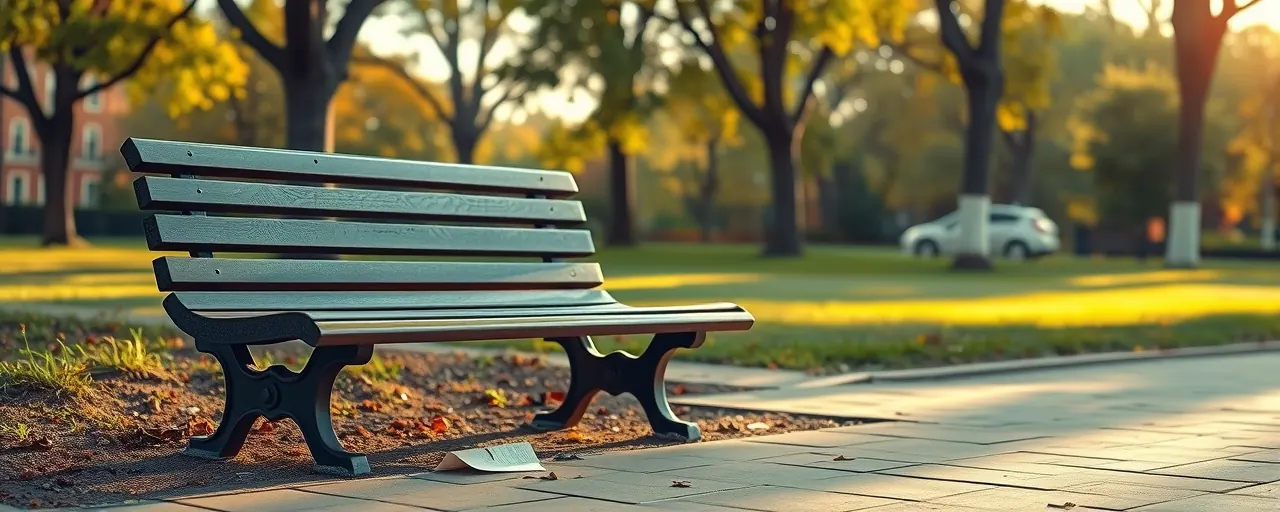Alabama’s Betrayal of Fairness
Governor Kay Ivey’s latest legislative session in Alabama sent a clear message: control trumps compassion. New laws targeting voting, immigration, and policing hit like a wave, eroding the foundations of equity. As someone who believes every person deserves a voice and a chance, I find these measures deeply troubling. They don’t protect Alabama; they divide it.
The state’s leaders say they’re safeguarding their communities. But from what? From citizens trying to vote? From families seeking safety? From kids needing guidance? These laws prioritize power over people, and their impact will ripple across Alabama’s most vulnerable. Let’s dive into the harm, starting with the assault on democracy.
SB158: Closing the Ballot Box
SB158 claims to protect ‘election integrity,’ but its tighter ID rules and limits on mail-in voting target low-income voters, elderly residents, and communities of color. Why make voting harder for them? Power, not fraud, drives this. Studies show voter fraud is nearly nonexistent—less than 0.0003% of ballots. Yet Alabama joins 29 states restricting access since 2020, a trend rooted in the 2013 Shelby County v. Holder ruling that weakened federal protections.
Contrast this with 38 states expanding early voting or automatic registration. Those policies boost turnout without compromising security. Alabama’s refusal to follow suit raises a question: why fear more voices at the polls? The answer lies in maintaining control, not ensuring fairness.
SB63 and HB199: Punishment Over Progress
SB63 escalates monitoring of undocumented immigrants, while HB199 toughens penalties for juvenile offenders. Both lean on fear, not solutions. With 8 million border encounters in recent years, Alabama could address migration’s causes—poverty, violence—but chooses surveillance instead. This approach strains communities and ignores humane options like work-permit pilots or asylum reforms seen elsewhere.
For youth, HB199 dismisses evidence favoring rehabilitation. Over 30 jurisdictions nationwide have raised prosecution ages or used diversion programs, cutting recidivism by up to 20%. Alabama’s punitive stance traps kids in a cycle of punishment. Where’s the commitment to their future?
HB202: Protecting Power, Not People
HB202, labeled ‘Backing the Blue,’ strengthens police protections like qualified immunity. This shields misconduct, not officers. Across the U.S., cities have adopted civilian oversight and body cameras to rebuild trust. Alabama’s choice to entrench immunity defies this trend, especially as police violence cases fuel demands for accountability.
The 2018 First Step Act proved reform can work, reducing sentences and aiding reentry. Alabama could invest in mental health teams or crisis response instead of fortifying a flawed system. Why double down on policies that prioritize authority over community well-being?
Choosing a Brighter Future
Alabama isn’t doomed to this path. Its Maternal Healthcare Act and grocery tax cut show glimpses of progress. Nationally, 22 states are expanding pre-K, and 15 have boosted teacher pay significantly. Voting access grows where no-excuse absentee ballots and rights restoration thrive. These are blueprints for inclusion Alabama could adopt.
Supporters of these laws claim they ensure safety and order. Data tells a different story: harsh immigration policies overburden shelters, punitive youth measures raise recidivism, and voting curbs erode trust. Alabama can choose better—lifting up its people, not shutting them out.
This fight is about values. Will Alabama embrace a future where everyone has a voice, or cling to one where power silences the many? The choice is ours, and the time to act is now.
